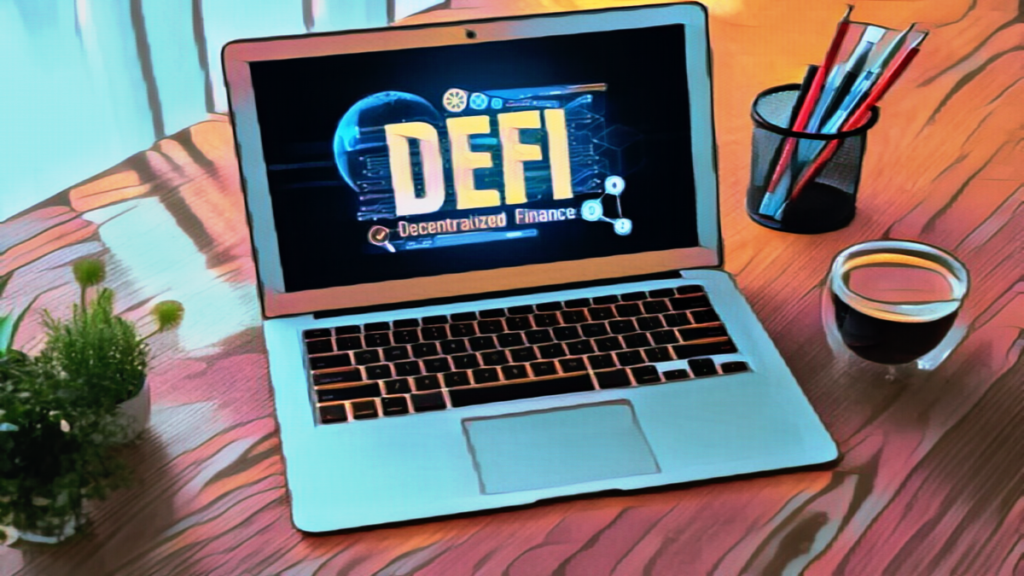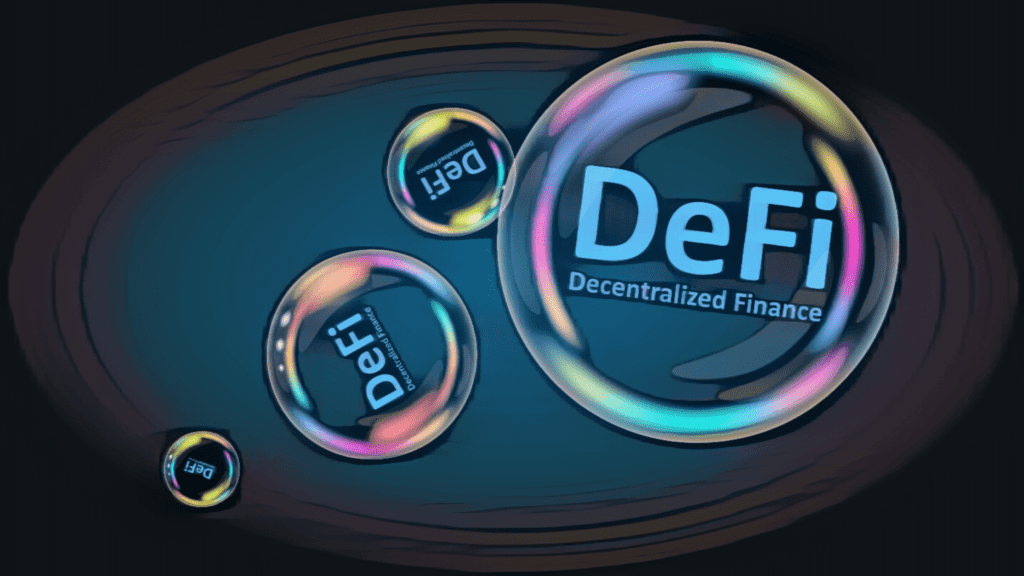Enhancing DeFi Security: New Risk Assessment Guidelines Unveiled
0
0

In a significant move to enhance the security and reliability of decentralized finance (DeFi) protocols, the Enterprise Ethereum Alliance (EEA) has introduced Version 1 of its DeFi Risk Assessment Guidelines. These guidelines are designed to identify and mitigate various risks associated with DeFi protocols, benefiting regulators, developers, and users alike.
EEA’s Initiative for DeFi Risk Management
The EEA’s DRAMA Working Group has developed Version 1 of the DeFi Risk Assessment Guidelines. This effort involved collaboration with several prominent organizations, including Consensys, Hacken, CertiK, Quantstamp, OpenZeppelin, Banco Santander, and Bitwave. The document is designed to serve as a resource for various stakeholders in the DeFi ecosystem—regulators, developers, investors, and users—by outlining strategies to identify and mitigate potential risks.
Dyma Budorin, co-chair of EEA DRAMA and CEO of Hacken, emphasized the importance of these guidelines, stating that they offer a reliable standard for resource founders and development teams to use while working on their products.
Comprehensive Risk Coverage
The guidelines address a wide array of risks associated with DeFi protocols, including those related to governance, tokenomics, software, liquidity, regulatory compliance, and external market factors. Specific issues pertaining to various software types—such as oracles, smart contracts, and bridges—are detailed, with a focus on security and interoperability concerns.

In an interview, Chaals Nevile, Director of Technical Programs at EEA, explained that the Working Group plans to maintain and periodically update the guidelines to adapt to new threats and technological advancements. This ongoing maintenance ensures that the guidelines remain relevant in an evolving regulatory and technological landscape.
Implications for Stakeholders
The new guidelines provide essential documentation, processes, and workflows to support founders and developers in the safe and reliable development and management of DeFi protocols. For regulators and licensing authorities, the guidelines offer a robust framework for assessing and licensing DeFi projects.
This framework is already being utilized to update licensing requirements for Distributed Ledger Technology (DLT) foundations seeking licenses from the Abu Dhabi Global Market (ADGM), the regulatory body in the United Arab Emirates (UAE).
The Necessity of Risk Assessment
The recent attack on the Li.Fi protocol on July 16 underscores the importance of comprehensive risk assessment in DeFi. Hackers exploited a specific contract address, resulting in the loss of over $10 million in various cryptocurrencies. The attackers subsequently moved the stolen funds through the zero-knowledge (ZK) protocol Railgun.
Despite the quick mitigation of the breach and the community’s notification to prevent further losses, the incident highlights the inherent vulnerabilities in DeFi protocols. This event serves as a stark reminder of the critical need for robust risk assessment and preventative measures in the DeFi space.
Also Read: 5 Major DeFi Hacks That Shook 2023
0
0







